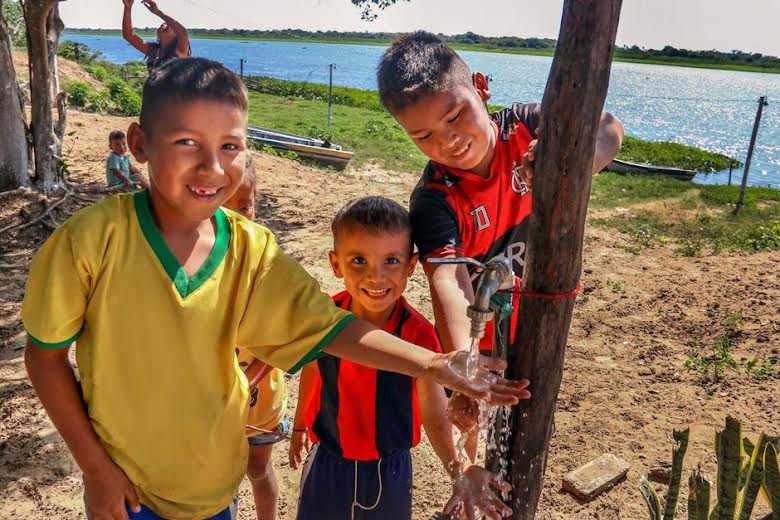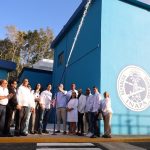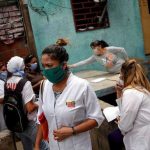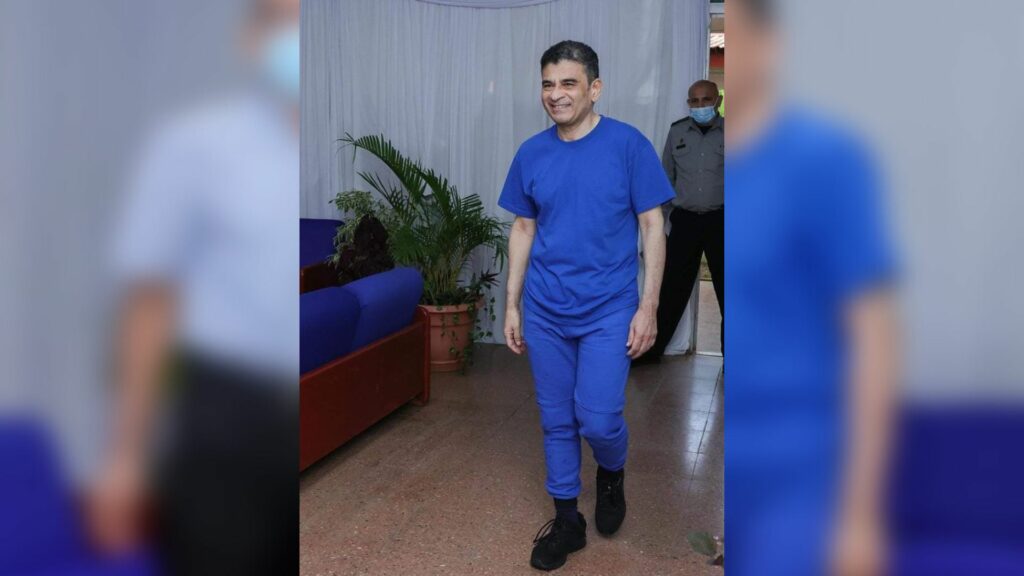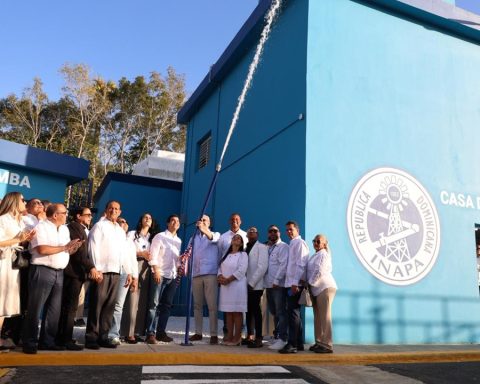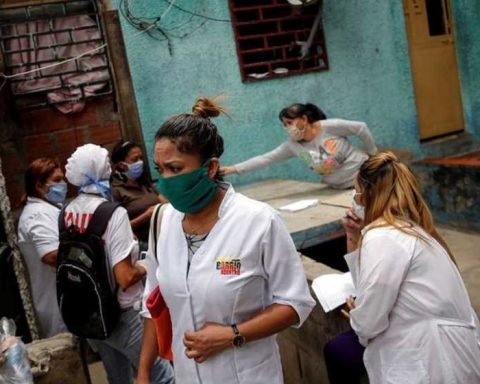Water is vital for all human beings, since it is a right and a basic need to live and carry out any productive activity. However, access to drinking water is still not fully guaranteed for the Paraguayan population, especially in the rural sector of the Western Region. This situation is aggravated in the isolated communities of the region, where Pro Comunidades Indígenas PCI develops its activities.
In the Chaco, part of the population harvests and stores rainwater, while those near the rivers carry, channel or extract it. However, the use of shallow wells is very limited due to the scarcity of groundwater. He water is used both for human consumption and for food production, orchards, and livestock raising. In communities without potable water systems, water is consumed without prior treatment.
Consume water without eliminating bacteria, viruses and parasites present in it can cause various health problems. In addition, improper waste disposal can also affect the quality of the water that is consumed.
Adequate and sustainable purification system
To improve the health conditions of rural families, it is a priority to install systems to make the water they consume drinkable. However, once the system or infrastructure is put into operation, it is also necessary to achieve maintenance with community participation, which requires dedication, knowledge and responsibility in consumption and inputs.
In Carmelo Peralta, numerous Ayoreo communities are managing to change their precarious situation, since access to drinking water is a fundamental axis of the Project ‘Life in the Pantanal’.
The PCI organization began its work in the area several years ago. Currently working with WWF Paraguay, in coordination with the municipal and departmental authorities and referents of Guida Ichai, Cucaani, High Island and other communities in activities related to access, quality and water service.
In Cucaani and Guida Ichai, both isolated communities in the area, PCI technicians managed to install an ecological potabilization system. In Isla Alta, an infrastructure that was in disuse was put into operation.
In all three cases, a nature-based purification system was developed. That is, it performs the filtering from available resources in the area such as gravel, sand and coal and uses the minimum of chemicals
for microbiological control. In this way, the system has a minimum cost in inputs and environmental impact, and it is ecologically friendly and sustainable, it is easy to maintain, it does not require more knowledge, just persevering care.
New Habits and Community Engagement
The work process with each community involved constant dialogue, prior consultation at each stage, and the active participation of its inhabitants during the installation process, which allowed effective ownership of the project.
Currently, the communities keep the water system working through their trained referents. In turn, PCI technicians carry out follow-up visits and provide technical guidance to resolve any inconvenience that may arise in the operation of the system.
Work is also being done on the collection and appropriate disposal of waste in the area, particularly with women and children, with the aim of generating new habits. With the installation of a running water system and faucets, the need to create awareness about the responsible use of treated water is also generated.
It may interest you: Weed remedies that remove the “pirevai” and help “sexual performance”
